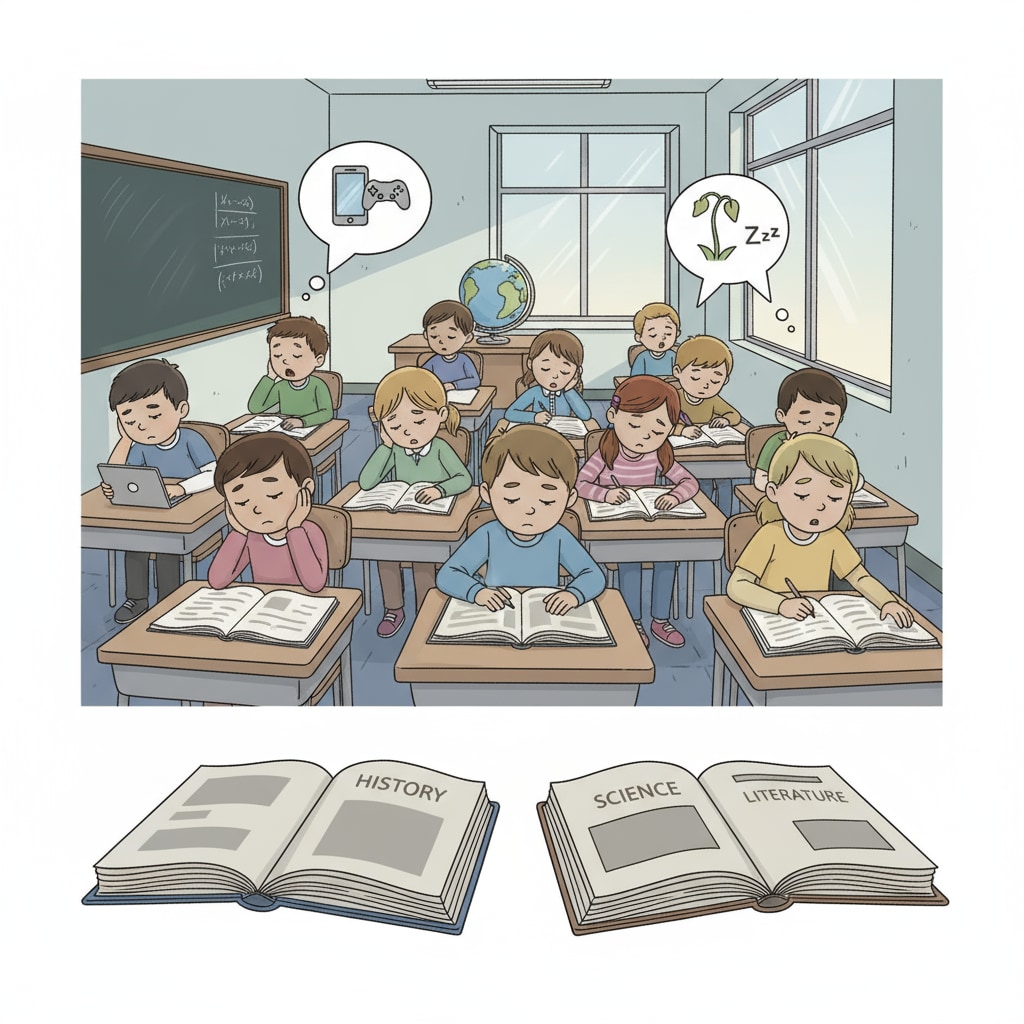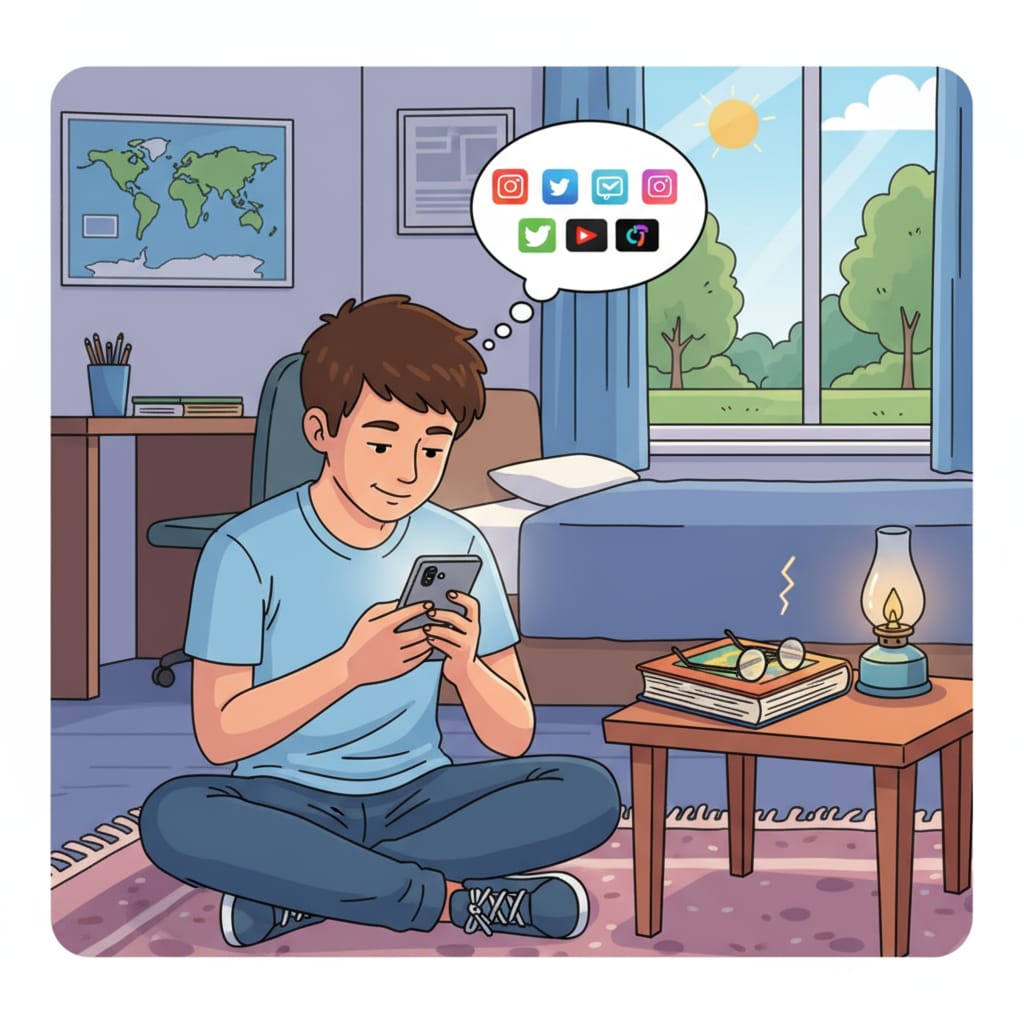The decline in literacy rate, especially among teenagers, has significant implications for democracy and the overall health of society. Reading habits play a fundamental role in this equation. In recent times, the reading and writing skills of K12 students have been on a downward trend, which is a cause for great concern.

The Link Between Literacy and Democracy
Literacy is the cornerstone of a democratic society. In a democracy, informed decision-making is crucial. When citizens are literate, they can access information, understand different perspectives, and engage in meaningful discussions. For example, as stated on Wikipedia’s page on Literacy and Democracy, a literate population can better hold their leaders accountable, participate in elections, and contribute to the development of policies. However, a declining literacy rate means that fewer people are equipped with the skills to be active and informed citizens. This can lead to a breakdown in the democratic process.
The Alarming Decline in Teenage Reading Habits
Today’s teenagers are spending less time reading books. With the rise of digital media and social networking, many are more engaged in short-form content and quick entertainment. According to Britannica’s insights on reading habits, this shift away from reading has a direct impact on their literacy skills. As a result, their ability to analyze complex ideas, express themselves clearly, and understand different viewpoints is being hampered. This decline in reading habits among teenagers is a major factor contributing to the overall drop in literacy rates.

The consequences of this decline in literacy and reading habits are far-reaching. In a democratic society, a lack of informed citizens can lead to uninformed voting, misinformation spreading, and a decrease in public discourse. To safeguard democracy, it is essential to address this issue and encourage teenagers to develop healthy reading habits.
Readability guidance: The key points here are the link between literacy and democracy, the decline in teenage reading habits, and the need for action. Using short paragraphs and clear explanations helps in better understanding. Transition words like “however” and “as a result” are used to show relationships between ideas.


